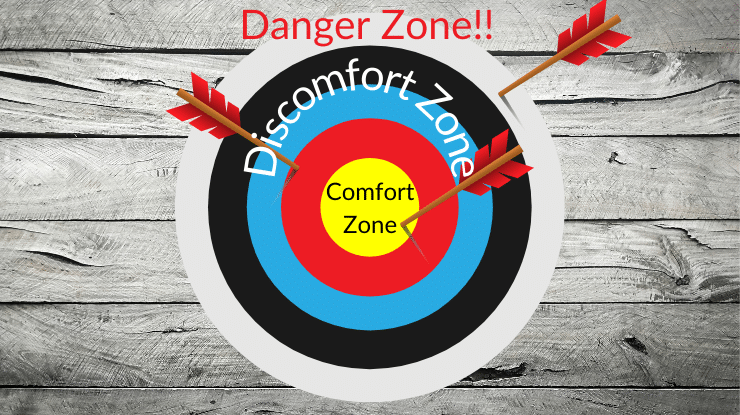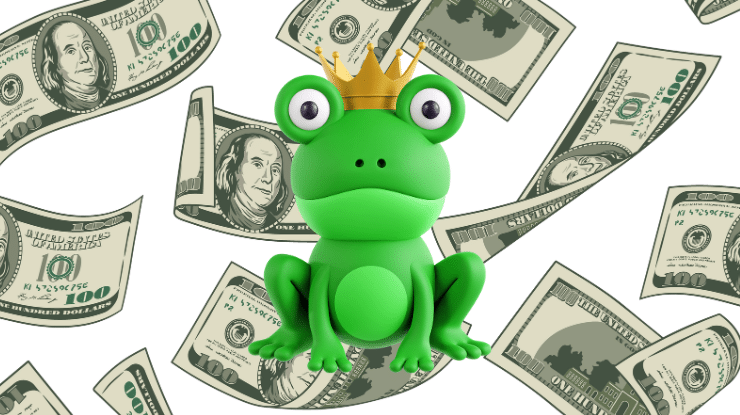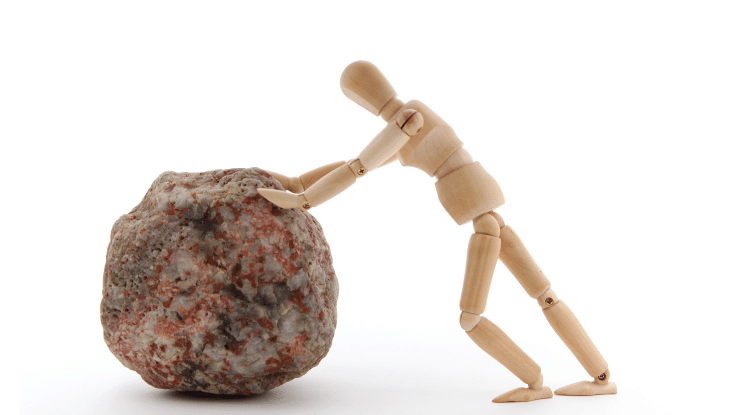Transitions are a bitch. And so many in my community are in the midst of one right now. As I listen to their frustration and confusion, I’m reminded of a cartoon:
A frog is leaping from one lily pad to another with a look of sheer terror as he realizes he’s about to miss his target. The caption read: ‘Just when you think you’ve made ends meet, someone moves an end.
That’s exactly how it feels to be in transition—whether it’s a conscious choice (like taking a sabbatical) or an unwelcomed disruption (like being laid off). You’re poised mid-air between the old and the new, wondering “what do I do now?’
I remember my first big transition, back in the 80’s, when I moved from the Midwest to San Francisco…a dream come true. But as soon as I settled in, I felt untethered, disoriented, anxious. This wasn’t what I expected.
Thankfully, I discovered the book Transitions: Making sense of Life’s Changes by Bill Bridges. It was a godsend!











